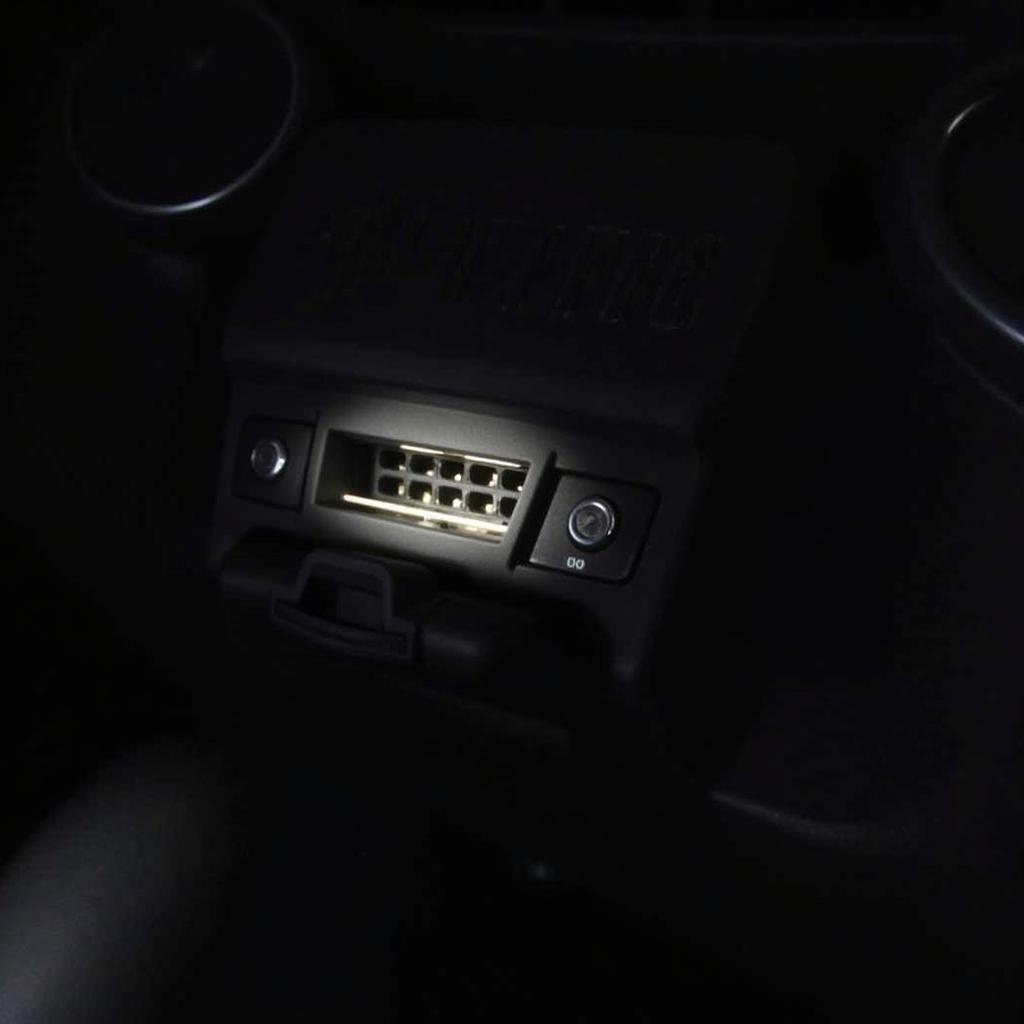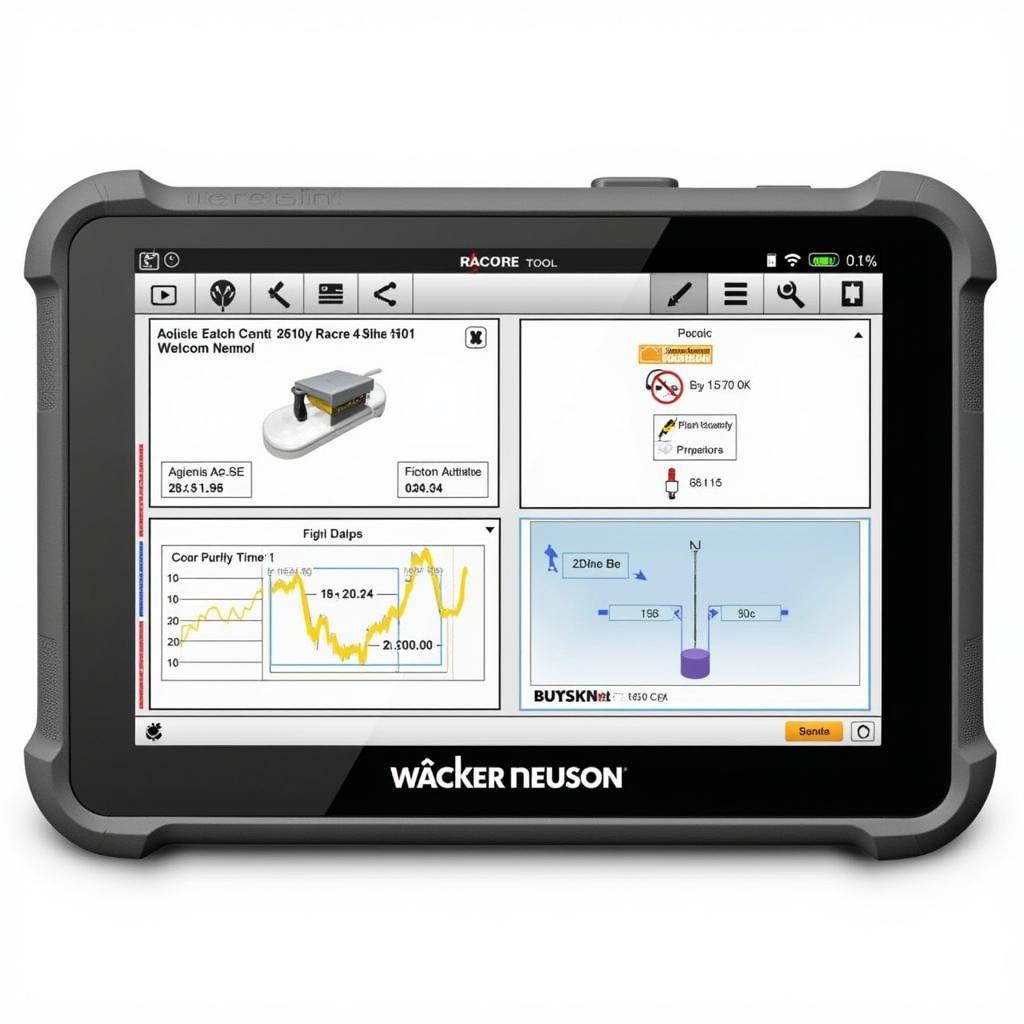Descriptive and diagnostic tools in Minitab offer powerful capabilities for analyzing automotive issues, allowing both car owners and professional technicians to gain valuable insights into problems and potential solutions. Whether you’re troubleshooting a persistent check engine light or optimizing a complex automotive system, understanding the differences and applications of these tools is essential.
Understanding Descriptive Statistics in Minitab for Automotive Analysis
Descriptive statistics provide a summary of your data, painting a clear picture of the overall situation. Think of it like taking the pulse of your car’s performance. These tools can reveal patterns, trends, and central tendencies within your data set, which can be crucial for identifying potential issues. For example, tracking fuel efficiency over time can reveal a gradual decline, pointing towards a possible fuel system problem.
Key Descriptive Tools in Minitab
- Histograms: Visualize the distribution of your data. Imagine plotting the frequency of different engine temperatures. A skewed distribution could indicate overheating problems.
- Boxplots: Identify outliers and understand data spread. This is particularly useful for detecting unusual sensor readings that might suggest a malfunctioning component.
- Summary Statistics: Calculate mean, median, standard deviation, and other descriptive measures. These metrics can help quantify performance variations and identify deviations from normal operating parameters.
Diagnostic Tools: Digging Deeper into Automotive Problems with Minitab
While descriptive statistics give you a general overview, diagnostic tools in Minitab allow you to investigate the root causes of automotive problems. They help you pinpoint specific areas requiring attention and understand the relationships between different variables.
Regression Analysis: Uncovering Relationships in Automotive Data
Regression analysis is a powerful diagnostic tool that helps you understand how different variables relate to each other. For instance, you could use regression to analyze the relationship between tire pressure and fuel economy, providing insights into optimal tire inflation for maximum efficiency.
ANOVA (Analysis of Variance): Comparing Groups for Performance Differences
ANOVA helps you compare the performance of different groups or treatments. This is useful for evaluating the effectiveness of different fuel additives or comparing the performance of different engine configurations.
“Using Minitab’s diagnostic tools like regression analysis allowed us to pinpoint a faulty oxygen sensor as the root cause of inconsistent fuel consumption,” says John Miller, Senior Automotive Engineer at Acme Automotive Solutions.
Descriptive vs. Diagnostic Tools in Minitab: Which One to Use?
The choice between descriptive and diagnostic tools depends on the specific automotive problem you’re addressing. If you’re starting your investigation and need a general overview, descriptive statistics are a great starting point. Once you’ve identified potential areas of concern, diagnostic tools can help you dig deeper and uncover the root causes.
Combining Descriptive and Diagnostic Approaches for Comprehensive Analysis
Often, the most effective approach involves combining both descriptive and diagnostic tools. Descriptive statistics can help you identify potential problems, while diagnostic tools can then be used to investigate these problems in more detail.
“Minitab provides a comprehensive suite of tools that allow us to analyze automotive data from both a descriptive and diagnostic perspective, leading to more effective troubleshooting and optimized performance,” adds Maria Sanchez, Lead Data Analyst at Global Automotive Research.
Conclusion: Mastering Minitab for Automotive Excellence
Descriptive and diagnostic tools in Minitab offer a powerful combination for analyzing automotive issues. By understanding their respective strengths and applying them appropriately, you can unlock valuable insights into your car’s performance and identify effective solutions to problems. Whether you’re a car owner looking to understand a recurring issue or a professional technician seeking to optimize performance, mastering these tools can significantly enhance your automotive troubleshooting capabilities. Connect with us at ScanToolUS for further assistance. Our number is +1 (641) 206-8880 and our office is located at 1615 S Laramie Ave, Cicero, IL 60804, USA.


